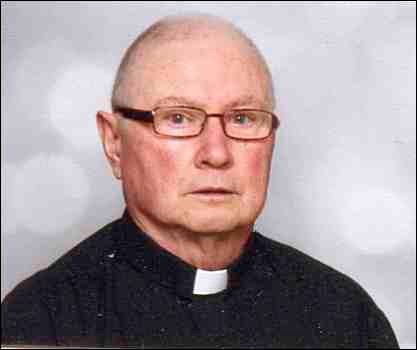Ed, my old neighbour in Saskatchewan, was enlisted by Ruby to set up the rented hall for a family dinner. By set up I mean, set up tables and chairs for two dozen family members. He admitted that he would never cook a special family dinner except if he could feed everyone with take-out food.
Family meals can be exceptional when we are celebrating a birthday or anniversary, etc. Special food will be prepared and cooked. The chairs around the table are counted so everyone can sit down for the meal. Most families have their unique menu for Christmas, Thanksgiving and Easter dinners.
In our Lenten Season, we see that families in Jesus’ day had a special meal called the Passover meal. Jewish people still celebrate the Passover Feast and the Seder meal today. The Seder meal incorporates the retelling of Exodus and God’s deliverance from slavery in Egypt. The Passover Feast and Seder meal celebrate a Jewish historical event and their birth as an independent people. Today Jewish families use a traditional Seder plate which includes a lamb shank, a roasted egg, bitter herbs such as horseradish, a non-bitter vegetable often parsley to be dipped in salted water, a mixture of apple, nuts, and wine.
The history celebrated is about how Jacob and his twelve sons went to Egypt when Joseph one of Jacob’s son had risen as ruler there next to the Pharaoh. Their homeland was desperate due to a long famine. They prospered and multiplied in Egypt over time until their numbers became feared. They were made slaves forced to make bricks for building cities and pyramids for the Pharaoh. The Jewish people cried to God for deliverance. God sent Moses who asked that the Pharaoh let the Jewish people leave Egypt.
When the Pharaoh refused to let the slaves leave, Moses brought plagues upon the Egyptian people. The last plague was the worst, and it meant that the angel of death would pass over Egypt killing the firstborn male in each family.
Where the Jewish people lived, they were to slaughter a lamb and mark the door frames of their houses with the lamb's blood so the angel of death would pass over them and spare their first born. They were to roast the lamb and eat it as a sacred meal of deliverance from the angel of death. The blood on their doorposts saved them. They were to eat a meal of remembrance of the Passover every year.
When all the Egyptian firstborn males died that night, the Pharaoh allowed the Jewish slaves to leave, and Moses led them out of Egypt. In the gospel of Luke, Jesus shared the Passover feast with his apostles saying, “I have been very eager to eat this Passover meal with you before my suffering begins.” Jesus was eager for the meal because he was the fulfillment of the Passover as the Son of God. His blood would cover the sin of his people.
As the Lamb of God, to be sacrificed on the cross his blood shed, and his body broken in death would free his followers from the guilt of their sin and from their eternal destruction. Jesus instructed his followers to remember his sacrifice continually by celebrating the Lord’s Supper.



